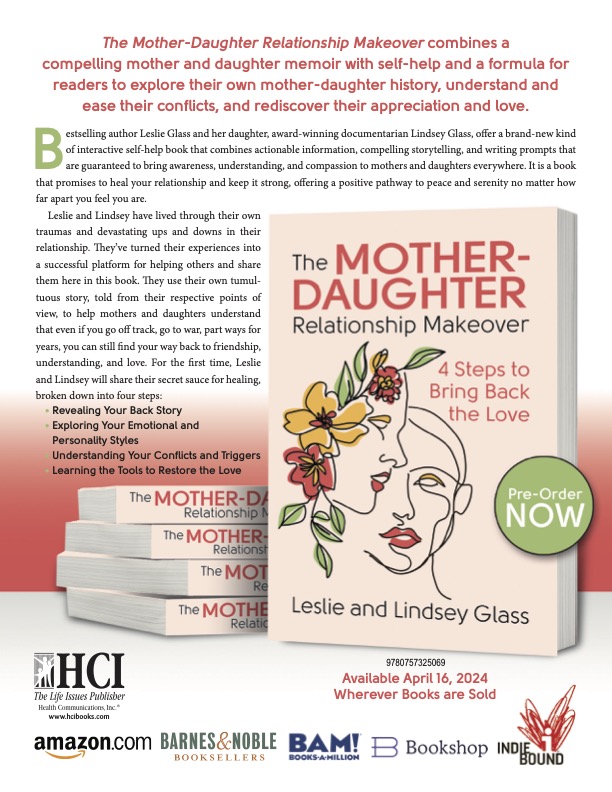Yes, Codependency Is Toxic, Here’s Why
Sorry, I don’t mean to be dramatic but while we often think codependency isn’t a big deal, but being close to someone and completely absorbed by someone are two different things and a caring relationship can turn into something very dysfunctional Over time. Often we don’t even know we’ve become codependent so let’s back up and start with the basics.
When Is Codependency A Form Dysfunction
Codependency in its most severe form is a kind of relationship dysfunction. In a nutshell, it’s when you love someone so much you will do anything to please or fix them. It takes two to tango in this dangerous dance in which one person (a giver) tries desperately to meet every unreasonable demand of another person (a taker). The taker manipulates every situation to gain and maintain control and relies on the giver to meet every emotional and self esteem need. But wait, it’s not that simple.
The codependent giver can also be a perfectionist, a person who needs to be in control. The codependent may be a manipulator, and there is more to it than just the emotional. The taker may also use the giver to fulfill many other needs, like household tasks, financial burdens, legal issues, in fact, whatever problems come up. No one is healthy in this kind of relationship. It’s not a one person being the bad guy and one person being the good guy; both partners have problems.
Where Does Codependency Originate
The term codependency has been around for a long time. It has been used to describe relationships in families with substance or alcohol use disorder (addiction). Addiction is a family disease, and codependency enables irresponsible, unhealthy, and dangerous behaviors. But codependency is also an invitation to relationship predators, like narcissists, emotional abusers and those who thrive on passive aggression. This can happen with family members, lovers, spouses and children. We don’t think about codependency only in terms of addiction anymore. There is plenty of dysfunction in other kinds of personality, or character, disorders outside of the addiction dynamic.
Are You In A Codependent Relationship
Do you expend all of your energy in meeting your partner’s needs? Do you feel trapped in your relationship? Are you the one that is constantly making sacrifices in your relationship? Do you feel heartbroken when your loved one is in trouble? Do you do everything in your power to fix it, make him/her happy. Does he or she treat you badly and blame you for problems? Do you think about this person every minute of every day?
Who Has A Codependency Problem
Different kinds of people behave in a codependent manner, and codependence manifests in varying degrees of severity. Not all codependents are unhappy, while others live in pain or quiet desperation. You get your codependency from family roles, from family expectations, and often from family trauma or emotional abuse. It’s not something you decide to stop or can heal from easily because codependency is part of you. It’s in the air you breathe, but you can learn to change your feelings and build the boundaries you need to be independent and emotionally free.
How To Get help
You can get help from professionals, like social workers and therapists. Learning about codependency will help you understand. Attending a 12 Step meeting for codependents, such as Codependents Anonymous, called CoDA, or Al-Anon for family members of alcoholics will show that you’re not alone. There are other 12 Step groups for relatives of other addicts, such as for relatives of gamblers, narcotic addicts, and sex addicts. ROR Resources
What Are Common Traits Of Codependents
You’ll recognize some of these traits, but maybe not all over them. People who are independent don’t worry about their loved ones every second of every day. They feel to talk about their feelings, desires, and ambitions without fear. If there is a problem, independent people can let go of responsibility and allow their loved ones sort things out on their own. They have boundaries and don’t jump to defend themselves.
Codependency is a wrecker of boundaries, independence. If you suffer from codependency, you will have some of the symptoms listed below.
- Low self-esteem
- Not liking or accepting yourself
- Feeling your inadequate in some way
- Thinking you’re not quite enough
- Worrying you are or could be a failure
- Concerned with what other people think about you
- Perfectionism
- Pleasing others and giving up yourself
- Poor boundaries
- Boundaries that are too weak and there’s not enough separateness between you and your partner
- Boundaries that are too rigid and keep you from being close
- Boundaries that flip back and forth between too close and too rigid
- Reactivity
- Dysfunctional Communication
- Difficulty expressing thoughts and feelings
- Difficulty setting boundaries — saying “No” or stopping abuse
- Abusive language
- Lack of assertiveness about your needs
- Dependency
- Afraid of being alone or out of a relationship
- Feeling trapped in a bad relationship and unable to leave
- Relying too much on others opinions
- Intimacy problems
- Avoidance of closeness
- Losing yourself
- Trying to control or manipulate others
- Feeling trapped in a dysfunctional relationship
- Denial
- Denial of codependency
- Denial about a painful reality in your relationship
- Denial of your feelings
- Denial of your needs
- Care taking
- Control
- Controlling your own feelings
- Managing and controlling people in your life; telling them what to do
- Manipulating others to feel or behave like you want (people pleasing is a manipulation)
- Obsessions
- Addiction to a substance or process
- Painful emotions
- Shame
- Anxiety
- Fear
- Guilt
- Hopelessness
- Despair
- Depression
This is quite a collection of symptoms. Not all people who have painful emotions or obsessions are codependent. This is just a list to think about. If you have some of these symptoms they don’t go away by themselves, but don’t beat yourself up. You are not alone, and you can get better.






















